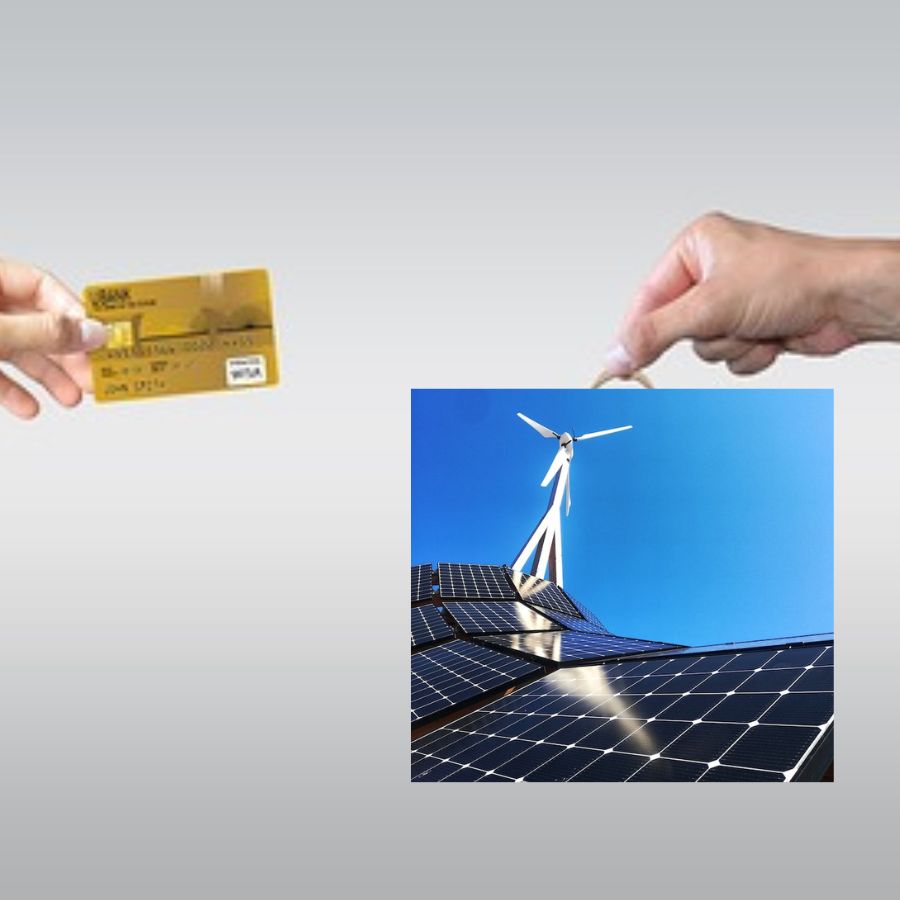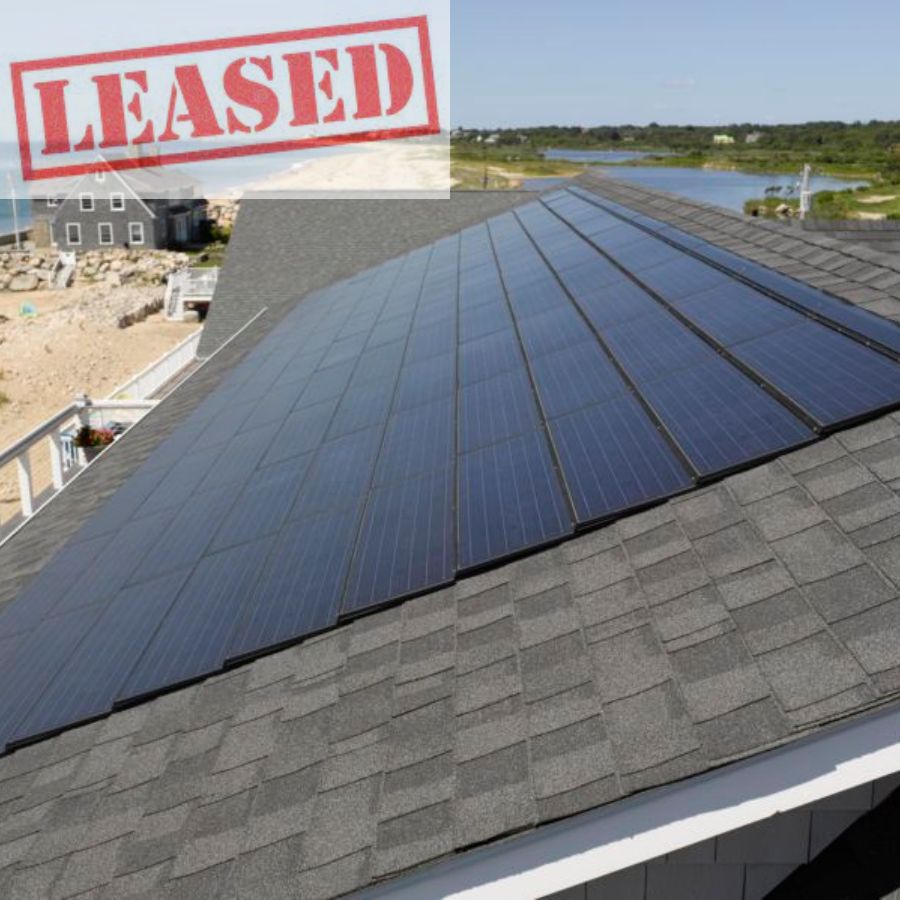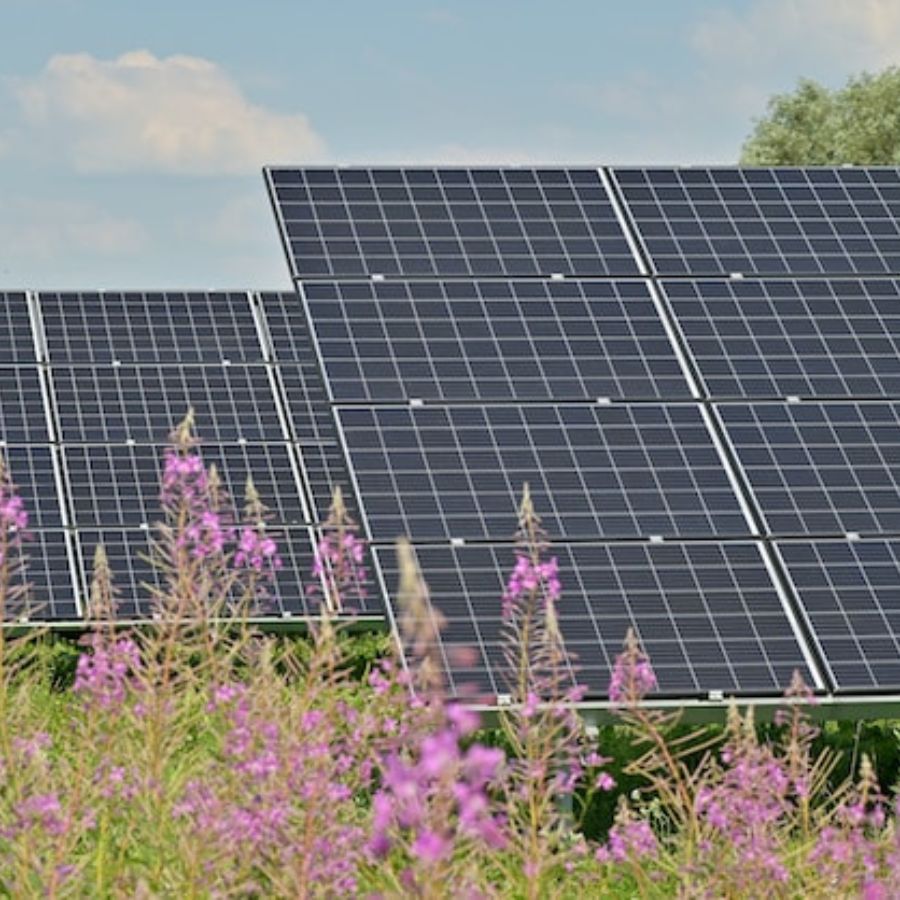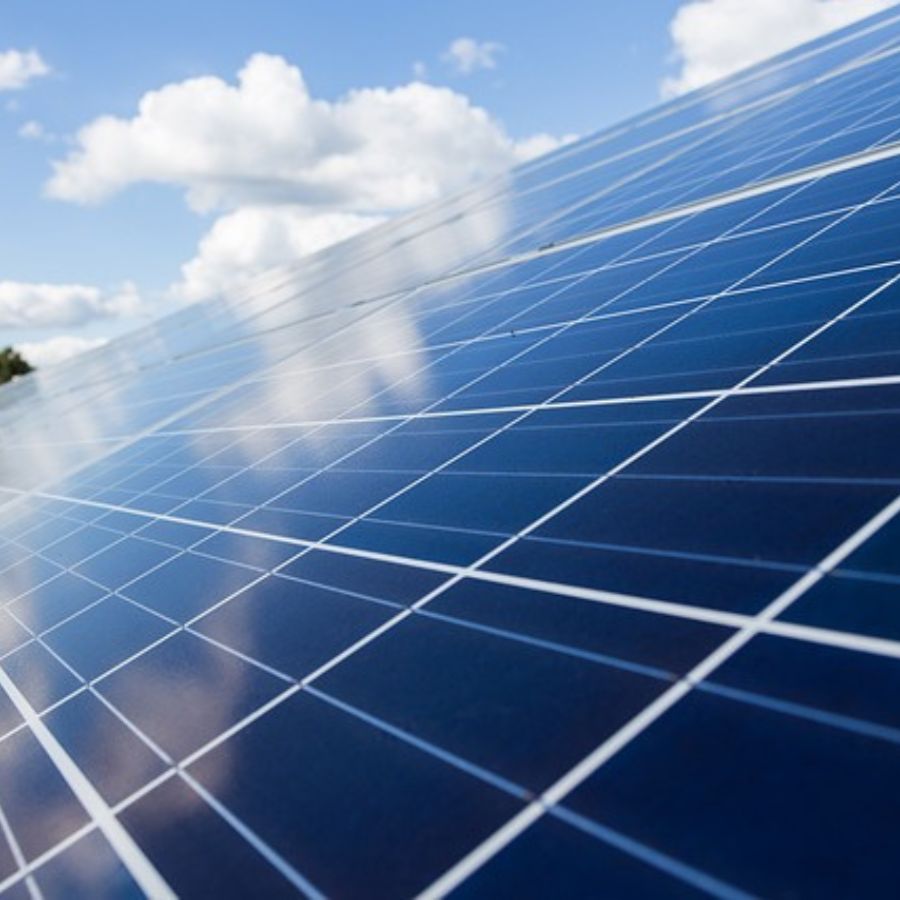As one of Canada’s most environmentally friendly provinces, British Columbia (BC) has set ambitious goals to reduce its carbon footprint. That makes it an ideal place for renewable energy investments like solar panel installation.
A solar panel generates power by converting sunlight into direct current electricity, making it a popular choice for homeowners looking to reduce their power bills.
However, solar PV installation can come with a hefty price tag. That’s where solar panel financing comes in, offering various financing options such as interest-free loans, personal loans, home equity lines, and PACE programs.
These financing programs aim to make solar installation more affordable, saving homeowners money on their power bills. They increase their home value and contribute to a greener future.
This article will explore the different solar power system financing options in British Columbia. Then, we will help you choose the best one for your needs.
Costs of Installing Solar Panels

When evaluating the costs of installing solar panels in BC, it’s crucial to consider various factors contributing to the overall expenses. The total cost will depend on factors such as the size and type of solar system, installation complexity, and additional components needed.
On average, installing a solar power system in British Columbia can range from $10,000 to $30,000 or more, depending on the system’s size and specifications. In addition, there may be additional costs associated with permits, inspections, interconnection fees, and potential upgrades to your electrical system.
However, the investment in solar panels can be due to potential long-term savings on your electricity bills. It can also be because of the opportunity to benefit from solar incentives. Additionally, if your system generates excess energy, you can sell it back to the grid, further offsetting costs.
Financing Options for Solar Panels in British Columbia
If you are considering installing solar power, several financing options are available for solar panels in British Columbia (BC).
Each option for a solar power system has pros and cons, and it’s essential to evaluate them carefully to choose the best one for your needs.
Cash Purchase
Paying cash for solar systems may be the most straightforward option. If you have enough savings or a windfall, paying upfront can eliminate the need to finance your solar installation. It can also give you the highest return on investment (ROI) since you don’t have to pay interest charges or finance fees.
However, cash purchases may only be feasible for some. Solar PV installation can cost tens of thousands of dollars, and most homeowners may need more cash.
Spending significant savings on an investment that will take several years may also be challenging.
Solar Loans
Solar loans are becoming more popular in British Columbia as solar PV installation becomes more common. These loans are specifically for solar installations. They offer competitive interest rates, extended repayment periods, and fixed interest rates.
Many lenders, including banks, credit unions, and specialized solar lenders, offer solar loans.
Solar loans allow homeowners to install a solar system with no upfront costs. The interest rates can vary from lender to lender, but most offer lower rates than credit cards and personal loans.
Some lenders even offer interest-free loans. They help homeowners enjoy solar power benefits without paying interest charges.
Home Equity Loans
Homeowners can leverage the equity in their homes by obtaining home equity loans. These loans offer lower interest rates than credit cards and personal loans, making them an attractive solar financing option.
Home equity loans have fixed interest rates and extended repayment periods, allowing homeowners to make low monthly payments over a more extended period.
However, your home secures home equity loans, which means you risk losing your home if you can’t make payments.
Home equity loans can also take longer to process than other loans, delaying your solar installation.
Solar Leasing

Solar leasing is an option for homeowners who want to install solar power without the upfront costs.
Instead of paying for the solar panels, homeowners lease them from a solar company for a fixed period, typically 20 years. During this period, homeowners pay a fixed monthly fee for using the solar panels.
Solar leasing can be an attractive option for homeowners who can’t afford to pay for solar power upfront. The monthly fees are typically lower than the average electricity bill, which can save homeowners money from the first month.
However, homeowners do not own the solar panels, so they can’t take advantage of tax incentives or rebates. Solar leasing contracts can also be complex; homeowners should read the terms before signing.
Power Purchase Agreements
Power purchase agreements (PPAs) are similar to solar leasing. The difference is homeowners pay for the electricity generated by the solar panels rather than the panels themselves.
Solar companies offer PPAs, and the homeowners pay a fixed rate per kilowatt-hour (kWh) for the energy produced by the solar panels.
PPAs can be an attractive option for homeowners who want to save money on their electricity bills but need help to afford the upfront costs of solar PV installation.
The monthly payments are typically lower than the average electricity bill, which can save homeowners money from the first month.
However, PPAs have a fixed term, typically 20 years. Therefore, homeowners may be penalized if they terminate the contract early.
Property Assessed Clean Energy (PACE) Financing
PACE financing is a relatively new solar financing option available in British Columbia.
PACE programs offer financing for solar energy efficiency upgrades and renewable energy installations, including solar panels. For example, a third-party provider installs solar panels on a homeowner’s roof under a PPA. The provider sells the solar energy the panels generate to the homeowner at a fixed rate per kilowatt-hour.
The main advantage of a PPA is that the homeowner doesn’t have to pay for the upfront costs of solar PV installation. Instead, they pay for the solar energy generated by the panels, which is typically lower than their current electricity bill.
In addition, the third-party provider is responsible for the maintenance and repair of the solar panels. It can save homeowners a lot of money in the long run.
However, the downside of a PPA is that the homeowner needs to own the solar panels. As a result, they can only take advantage of incentives or tax credits associated with solar photovoltaic ownership.
In addition, if the homeowner decides to sell their home before the end of the PPA contract, they will need to transfer the contract to the new homeowner. It can be a complicated process.
Eligibility Criteria for Solar Panel Financing
When it comes to solar financing an energy-efficient solar system for your home, there are several eligibility criteria that you need to meet for them to consider you for funding.
These eligibility criteria can vary depending on the solar financing option that you choose, but there are some standard requirements that most financing programs have.
Credit Score
Your credit score is among the most important solar PV systems financing eligibility criteria. Most financing programs will require a good credit score to qualify for funding.
A good credit score demonstrates to lenders that you have a history of responsibly managing your finances and are a low-risk borrower. Conversely, if your credit score is low, you may still be able to qualify for financing, but you may be subject to higher interest rates and less favorable terms.
Income
Your income is another critical factor that financing programs consider when determining your eligibility. You will need a steady source of income demonstrating your ability to make monthly payments on your loan or financing program.
You may still qualify for financing if you have a low income or are self-employed. Still, you may need additional documentation to demonstrate your ability to repay the loan.
Home Ownership
Most financing programs for solar systems require you to be a homeowner. That is because they will install the solar system on your property and use it to generate power for your home.
If you are a renter or do not own your home, you may still qualify for financing. However, you must work with your landlord or property owner to get approval to install solar panels.
Other Requirements

In addition to credit score, income, and home ownership, there may be other eligibility criteria that you need to meet.
For example, some financing programs may require that your home meets specific energy efficiency standards before you can qualify for funding.
Others may have specific requirements for the size of the solar system you are installing or the mounting equipment used.
It is essential to carefully review the eligibility criteria for any financing program you are considering to ensure you meet all the requirements.
Some programs may have more stringent eligibility criteria than others, so it is essential to research and find a financing option that is right for your specific needs.
Overall, you want to install solar panels and generate solar power through solar power systems. In that case, various financing options are available to help make this goal a reality. By understanding the different financing options and eligibility criteria, you can decide which option is best for you and your home.
Whether you choose an interest-free loan, a home equity line of credit, or a property-assessed clean energy (PACE) financing program, you can enjoy the many benefits of solar energy. You can reduce your carbon footprint while saving money on your electricity bills.


Leave a Reply